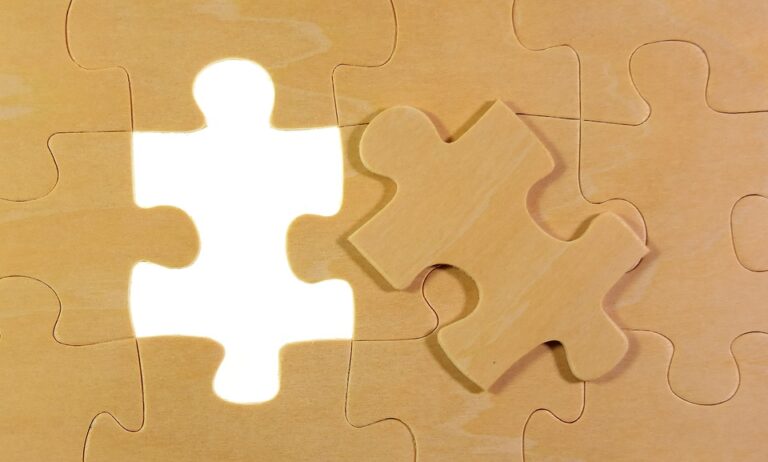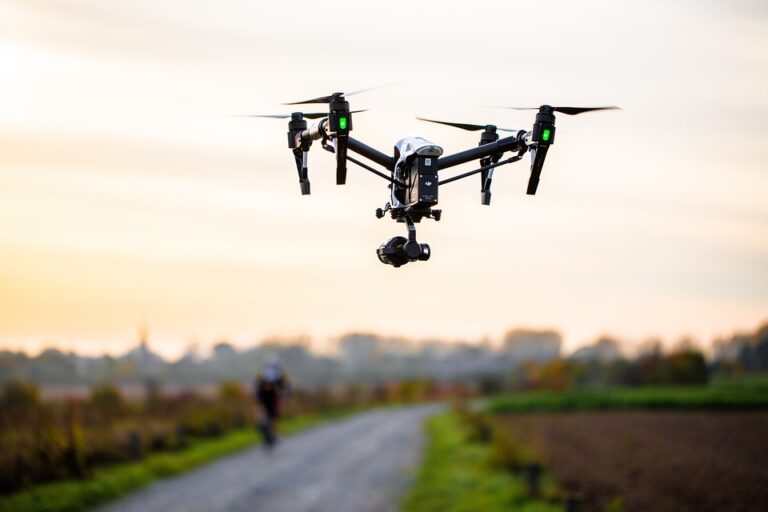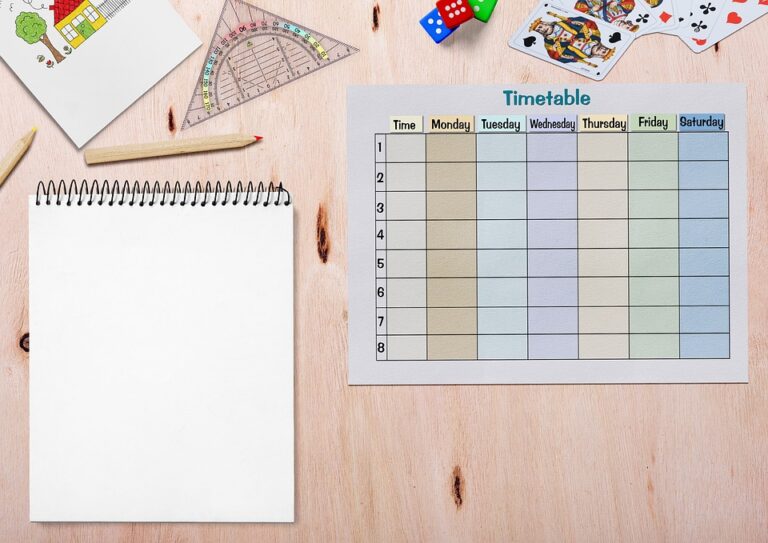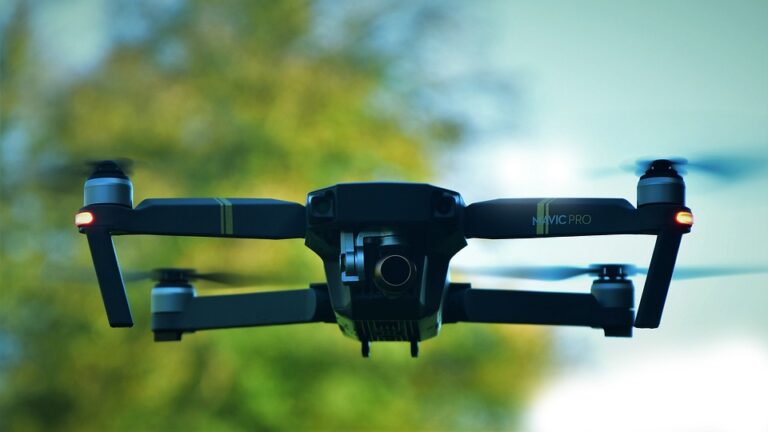Gaming PC Maintenance: Tips and Tricks for Longevity and Performance
In the world of gaming, having a powerful and reliable gaming PC is essential to enjoy the latest and most demanding games. However, like any electronic device, a gaming PC requires regular maintenance to ensure optimal performance and longevity. In this article, we will provide you with some valuable tips and tricks to keep your gaming PC in top shape.
1. Keep it Cool: Overheating is one of the biggest enemies of a gaming PC. Excessive heat can damage components, reduce performance, and even cause the system to shut down unexpectedly. To prevent overheating, make sure your PC is properly cooled. Clean the dust filters regularly to prevent dust buildup, which can obstruct airflow. Consider investing in additional cooling solutions, such as fans or liquid cooling systems, to maintain lower temperatures during intense gaming sessions.
2. Clean it Up: Dust buildup can not only hinder cooling but also cause components to overheat. Regularly clean your gaming PC to prevent this. Start by unplugging your PC and using compressed air to blow away any dust from the fans, vents, and components. Be sure to also clean the keyboard, mouse, and monitor to maintain a clean gaming environment.
3. Update Drivers: Graphics card drivers play a crucial role in gaming performance. Regularly update your graphics card drivers to ensure you have the latest bug fixes, optimizations, and performance enhancements. Manufacturers often release new drivers specifically tailored for the latest games, so keeping them up to date can significantly improve your gaming experience.
4. Optimize Startup: Over time, as you install and uninstall various programs, your PC’s startup time may increase. This can be frustrating when you’re eager to dive into a game. To optimize startup, disable unnecessary programs from launching at startup. Open the Task Manager (Ctrl + Shift + Esc), go to the Startup tab, and disable any programs that you don’t need to automatically start with your PC.
5. Defragment Your Hard Drive: As you install, update, and uninstall games, your hard drive may become fragmented, which can slow down loading times and overall performance. Defragmenting your hard drive reorganizes the files and improves access times. In Windows, you can use the built-in Disk Defragmenter tool or consider using third-party software for more advanced options.
6. Regularly Update Windows: Keeping your operating system up to date is essential for security and performance. Microsoft releases regular updates that often include bug fixes and performance improvements. Enable automatic updates or periodically check for updates manually to ensure your gaming PC is running the latest version of Windows.
7. Monitor Temperatures: While we mentioned earlier the importance of keeping your gaming PC cool, it’s also crucial to monitor temperatures. Install hardware monitoring software to keep an eye on your CPU and GPU temperatures. High temperatures can indicate cooling issues or a need for component upgrades. Monitoring these temperatures will allow you to take action before any severe damage occurs.
8. Remove Unnecessary Bloatware: Many gaming PCs come pre-installed with various bloatware, unnecessary programs that can slow down your system. Take the time to uninstall any unwanted software to free up system resources and improve overall performance. You can use the built-in Windows uninstaller or third-party uninstaller software for a more thorough removal process.
9. Manage Storage Space: Games are getting larger in size, and your storage space can quickly fill up. To optimize storage, regularly delete old games or files that you no longer need. Consider investing in additional storage solutions, such as external hard drives or SSDs, to expand your capacity and keep your gaming library organized.
10. Backup Your Data: Accidents happen, and it’s crucial to protect your valuable gaming data from loss. Regularly back up your game saves, configurations, and important files to an external storage device or cloud-based backup service. This way, if anything goes wrong with your gaming PC, you can easily restore your data and resume gaming without any hassle.
In conclusion, proper maintenance is key to maximizing the longevity and performance of your gaming PC. By following these tips and tricks, you can keep your system cool, clean, and optimized for an exceptional gaming experience. So, invest some time and effort into maintaining your gaming PC to ensure it continues to deliver the performance you desire for years to come.




